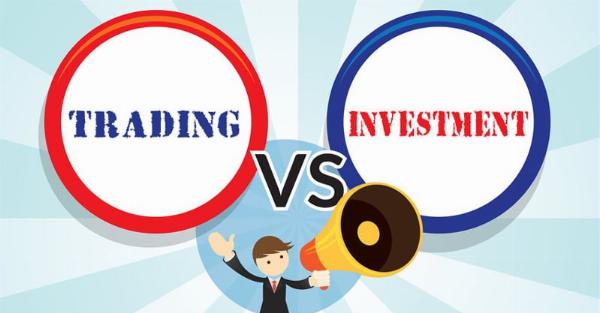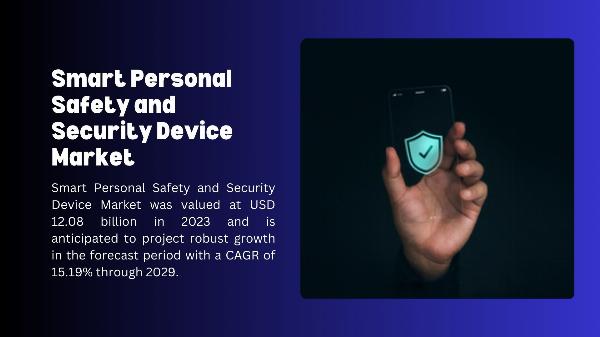Navigating Burnout and Depression: Understanding the Fine Line Between Exhaustion and Mental Health Issues

In today's fast-paced world, it's easy to feel drained and exhausted. Whether it's due to work pressure, personal struggles, or simply trying to keep up with life, feeling tired, unmotivated, or emotionally worn out can seem like the new normal. But what happens when this exhaustion doesn't go away? Is it just burnout, or could it be something deeper like depression? Burnout is often linked to work stress or constant pressure without proper rest. It's that moment when your tank is empty, but the demands keep coming. You might feel constant fatigue, even after a full night's sleep, emotionally numb or detached from your work or relationships, and a lack of motivation and growing cynicism. Burnout usually builds slowly, and for some, a weekend break or short vacation can help. But for others, the feeling lingers. Depression, on the other hand, goes deeper than just being "tired" or "unmotivated." It's a mental health condition that affects your thoughts, emotions, and even your physical health. Some signs include persistent sadness or emptiness, loss of interest in things you once enjoyed, feelings of worthlessness, hopelessness, or guilt, and trouble eating, sleeping, or focusing. While burnout is mostly tied to a specific source like your job, depression often affects every area of your life. It doesn't always need a trigger; sometimes it just quietly grows until it feels like it's taken over. Knowing the difference between burnout and depression can change everything. Burnout is often a response to external stress and can be addressed by making lifestyle changes such as stepping away from toxic environments, setting boundaries, or finding better work-life balance. Depression, on the other hand, may require deeper intervention such as therapy, support groups, or medical treatment. Ignoring it or treating it like "just stress" can lead to worsening symptoms over time. If you're unsure whether you're facing burnout or something deeper, ask yourself: Is it linked to one part of your life (like work)? Might be burnout. Do you feel this way even during vacations or weekends? Could be depression. Are you feeling hopeless or worthless? More likely depression. Do you feel better when you rest or take breaks? That's a sign it may just be burnout. This isn't a diagnostic tool, but it's a starting point for reflection. Whether it's burnout or depression, the worst thing you can do is ignore it. Mental health deserves just as much attention as physical health, and you don't have to face it alone. If you're caught in the "Depression vs Burnout" maze and don't know which way to turn, professionals at Evolve Psychiatry can help you figure it out. They don't just treat symptoms; they listen, understand, and work with you to create a personalized plan for healing. You deserve a safe space to talk about what's going on. You deserve clarity. You deserve to feel like yourself again.

Navigating Burnout and Depression: Understanding the Fine Line Between Exhaustion explores how to differentiate between feelings of exerted exhaustion, a natural part of life's infinite demands vs. mental health issues that require targeted attention & support for recovery.
This article delineates the subtleties between physical burnout and genuine mental health struggles, offering valuable insights for individuals striving to differentiate exhaustion from clinical issues. It's a beacon of hope amidst dark moments.
This这篇文章provides a nuanced understanding of the subtle differences between temporary burnout and underlying depression, emphasizing self-awareness as key to navigating these mental health barriers effectively.














